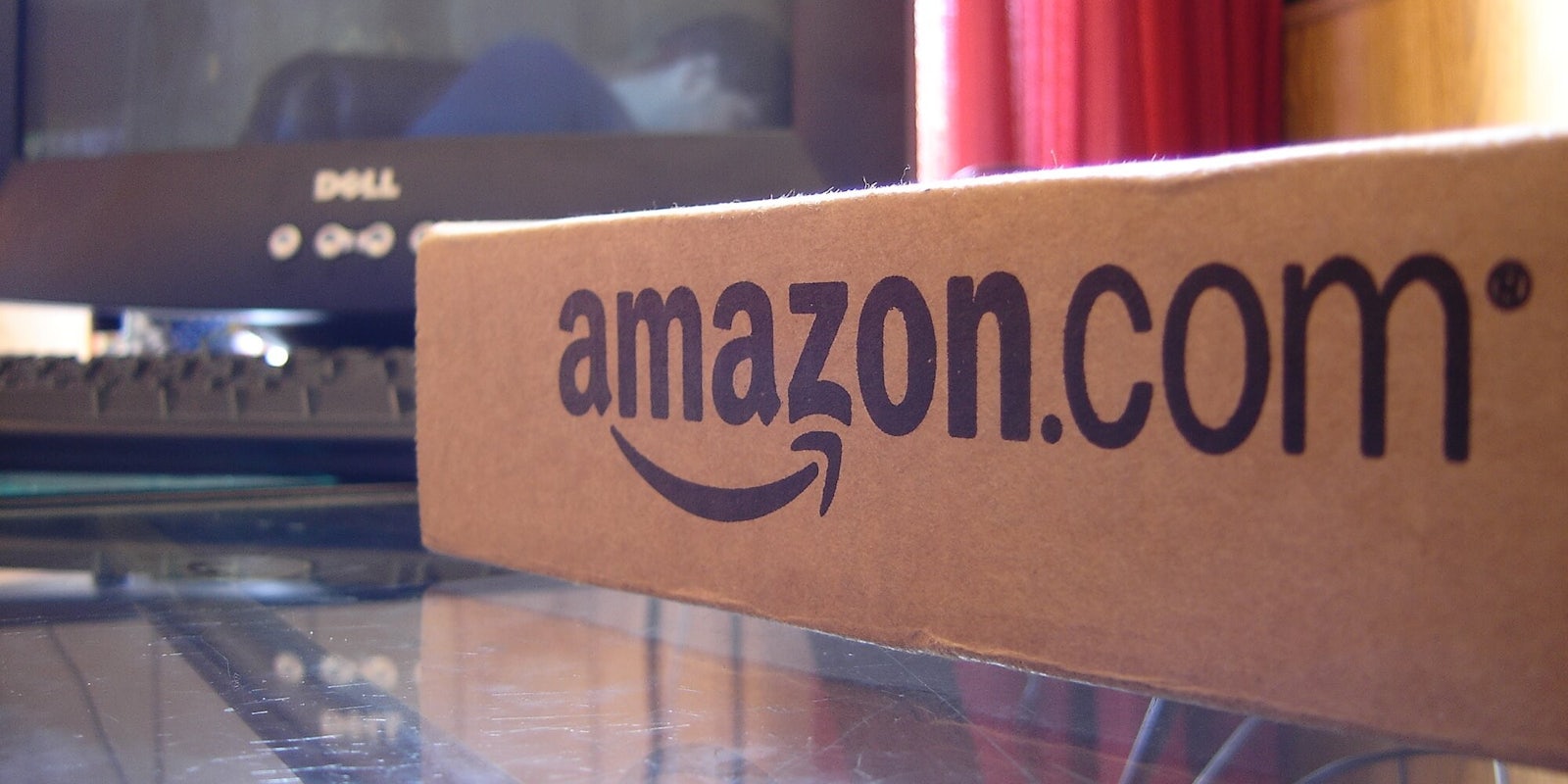Opinion
Amazon is the poster child for the pitfalls of capitalism: a megacorporation that mistreats its workers and surveils its customers while putting smaller, more ethical retailers out of business. Its main selling point is sheer convenience and ubiquity, making it perfect for effortless online shopping—and a godsend for people who rely on cheap home deliveries to survive. During the coronavirus pandemic, that latter category will be a lot bigger than usual. If Amazon is your only recourse during quarantine or self-isolation, this post isn’t aimed at you.
But everyone else? You need to cut it out.
Panic-buying is out of control in supermarkets and grocery stores, with people stocking up on apocalyptic levels of non-perishable food and toilet paper. This is already causing problems for people who can’t get hold of basic necessities for everyday use. We’ve all seen the pictures of empty shelves at Target and Trader Joe’s, and the same thing is happening at Amazon warehouses, with toilet paper and bottled water rapidly selling out.
If you think Amazon is an easy way to do some casual stockpiling, you should consider whether that’s actually necessary, or if other options are available. Panic-buying is making life harder for disabled people who rely on delivery services like Amazon, along with the growing number of immunocompromised people and elders who are planning to stay home for a long time. It’s also endangering Amazon workers themselves, who are especially vulnerable to infection. Amazon’s frontline workforce cannot protect itself by working from home.
Working conditions are alarmingly bad in Amazon warehouses at the best of times, with employees getting low pay for grueling, dangerous work. We also know that stress and exhaustion weaken your immune system. Amazon employees are basically doing disaster relief work right now, in the kind of high-pressure retail environment we usually only see during Christmas and Black Friday. And while Amazon is now offering two weeks of full pay if people get sick or have to self-isolate, the company has been criticized for failing to protect employees from infection.
This includes Amazon delivery drivers (many of whom are freelancers), whose job involves rushing as fast as possible between dozens of houses each day, delivering packages to people who might be infected. Social distancing guidelines recommend that people stay six feet away from each other, and if you know you’re infected, you should leave a note on your door so deliveries can be left outside. But some people won’t know they’re infected, or won’t know those guidelines yet. Amazon delivery drivers run a high risk of being infected by customers or infecting others as they travel from house to house.
This may sound like another doom-laden pronouncement at a time when all news is seemingly bad, but there are things you can do to make this situation safer for everyone. First of all, we have to acknowledge that many people will rely on deliveries while self-isolating at home. However, it doesn’t have to be Amazon. You should avoid making unnecessary orders in general, but for basic necessities, you can check to see if local stores and restaurants do deliveries. (For more information on this, the Atlantic published a thought-provoking interview with an epidemiologist, an ethicist, and a moral philosopher, discussing the practicalities of ordering food during a pandemic.) Mutual aid groups are also springing up across the world, where people can connect with their neighbors to buy and deliver groceries, share financial resources, and assist people who can’t leave their homes. Maybe you need help yourself, or maybe you want to help others, but either way, mutual aid within your local community is less harmful than relying on Amazon.
And, as always: Wash your hands! Maintaining good hand hygeine is important even if you’re home alone, and research suggests that COVID-19 can survive on cardboard surfaces (like delivery boxes) for up to 24 hours. Be considerate of delivery workers, and resist the temptation to hoard products you don’t actually need.


